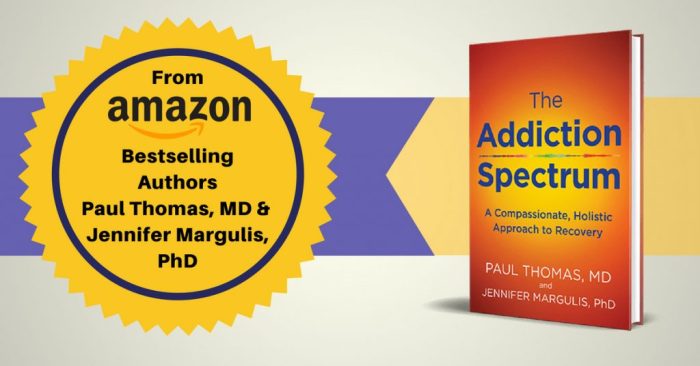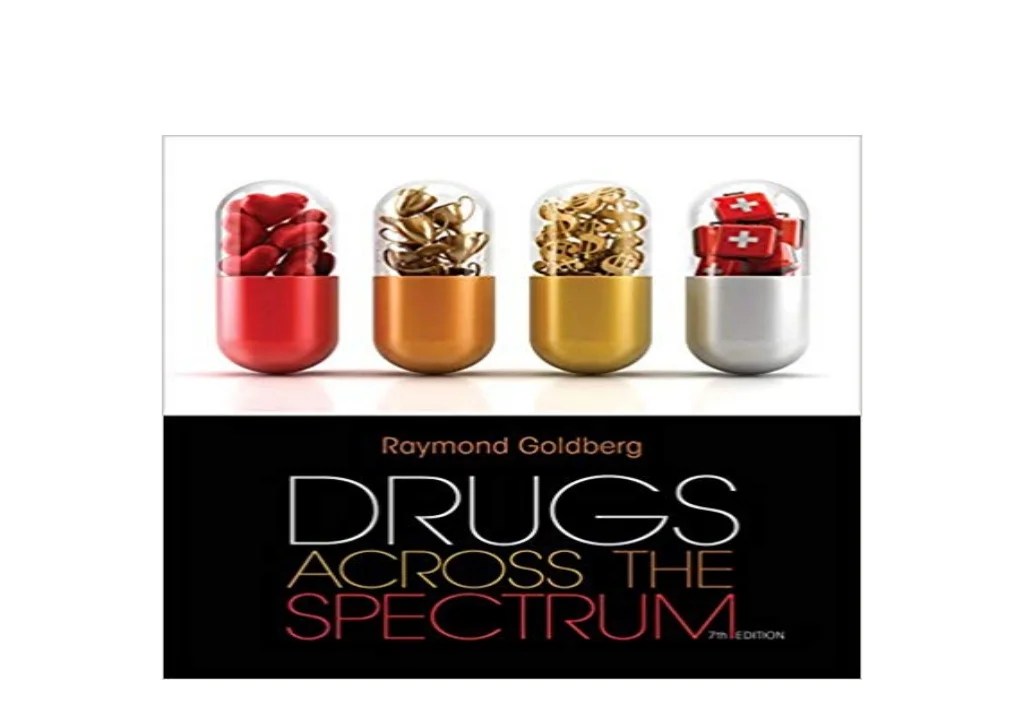Drugs across the spectrum 9th edition – Drugs Across the Spectrum: 9th Edition embarks on an in-depth exploration of substance use disorders, providing a comprehensive overview of their prevalence, impact, and treatment options. This authoritative text delves into the complexities of addiction, examining the social, environmental, and pharmacological factors that contribute to its development and persistence.
Through a multidisciplinary lens, the book synthesizes the latest research and best practices in substance use disorder treatment. It offers a nuanced understanding of the challenges faced by individuals and communities affected by addiction, while highlighting the effectiveness of evidence-based interventions.
Substance Use Disorder Overview: Drugs Across The Spectrum 9th Edition

Substance use disorder (SUD) is a chronic, relapsing brain disease that is characterized by compulsive drug seeking and use, despite negative consequences. SUDs affect millions of people worldwide and have a significant impact on individuals, families, and society.
Types of Substance Use Disorders
- Alcohol use disorder
- Opioid use disorder
- Stimulant use disorder
- Cannabis use disorder
SUDs can range in severity from mild to severe, and they can be caused by a variety of factors, including genetics, environment, and personal history.
Prevalence of Substance Use Disorders
SUDs are a major public health problem. According to the National Survey on Drug Use and Health, an estimated 20.3 million Americans aged 12 or older had a SUD in 2017.
SUDs are more common among certain populations, including:
- Young adults
- Men
- People with low incomes
- People with mental health disorders
Pharmacological Treatments

Pharmacological treatments are a key component of SUD treatment. These treatments can help to reduce cravings, prevent relapse, and improve overall functioning.
Types of Pharmacological Treatments
- Detoxification
- Maintenance
- Harm reduction
Detoxification is the process of removing drugs from the body. This can be done through a variety of methods, including medication, behavioral therapy, and support groups.
Maintenance treatments are designed to help people stay sober by reducing cravings and preventing relapse. These treatments include methadone, buprenorphine, and naltrexone.
Harm reduction treatments are designed to reduce the negative consequences of drug use. These treatments include needle exchange programs, safe injection sites, and overdose prevention programs.
Behavioral Therapies

Behavioral therapies are another important component of SUD treatment. These therapies help people to change their thoughts, behaviors, and attitudes about drug use.
Types of Behavioral Therapies, Drugs across the spectrum 9th edition
- Cognitive-behavioral therapy
- Motivational interviewing
- Contingency management
Cognitive-behavioral therapy helps people to identify and change negative thoughts and behaviors that contribute to drug use.
Motivational interviewing is a counseling technique that helps people to explore their ambivalence about drug use and to make a decision about whether or not to change.
Contingency management uses rewards and punishments to encourage people to stay sober.
Answers to Common Questions
What is the prevalence of substance use disorders?
Substance use disorders affect a significant portion of the population, with an estimated 10% of adults worldwide meeting the criteria for a substance use disorder in the past year.
How do social and environmental factors contribute to substance use disorders?
Social and environmental factors, such as poverty, trauma, and lack of access to healthcare, can increase the risk of developing a substance use disorder. These factors can create stressors that individuals may attempt to cope with through substance use.
What are the different types of pharmacological treatments for substance use disorders?
Pharmacological treatments for substance use disorders include detoxification, maintenance, and harm reduction therapies. Detoxification involves medically supervised withdrawal from substances, while maintenance therapies, such as methadone and buprenorphine, help reduce cravings and prevent relapse.
